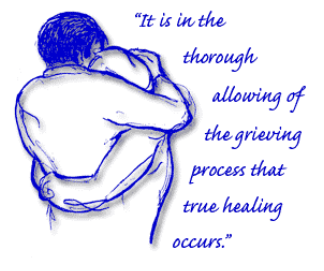Awareness can also help us to act more carefully and therefore may result in the reduction of negative situations. Learning to be aware of thoughts can allow us time to decide how we want to respond. I once heard a meditation teacher say that we are often “reaction slaves”, but that we can gain mastery over our reactions. Just because we have an itch, doesn’t mean we have to scratch it. If we don’t know what’s happening in our minds, we are a slave to both our thoughts and behaviors.
Being present is not only helpful at reducing negative thoughts and increasing stress tolerance, but it also improves enjoyment. When you are present while doing something enjoyable, you will get much more satisfaction out of the activity if you are paying attention. Being present may also improve neutral experiences because you are more aware of details that otherwise might have gone unnoticed. Think of it like traveling in a new country. I know that when I travel, I am generally very excited, curious and super aware of everything happening around me. This is similar to young children who are experiencing everything for the first time and are therefore extremely present. While traveling I have had some of the most fulfilling times in my life, but I don’t think it has to be limited to going to new places. If we stopped taking things for granted and paid more attention to each moment of our lives, enjoyment would skyrocket. But don’t take my word for it. Next time you eat something pleasant, really take your time to enjoy every flavor, texture, sound and detail of the experience as if it were the first time you were seeing/eating this object. Instead of engaging in many activities at once or listening to a story in your mind, just focus on eating and see if this is more satisfying.
Despite my encouragement to be more present, it is also important not to attach to these enjoyable experiences and to recognize that everything is temporary. In Buddhist psychology, it is explained that people have a tendency to grasp onto good feelings, ignore the neutral and resist the negative. Although understandable, these behaviors lead to increased suffering. Of course the good times must end, so attempting to hold onto them will only lead to frustration, disappointment and many other negative feelings. If we ignore the neutral, we miss out since so much of life takes place in this category. Constantly seeking out the extremely pleasant leads to inevitable disappointment. Often people are so averse to the possibility that something might go wrong, that they avoid taking risks. People may even cling to the negative because they have gained comfort with the known, or lack hope that it will ever end and don’t want to be disappointed if they try to escape and don’t succeed. This aversion or clinging comes from a lack of acceptance and awareness that every experience is temporary. At a meditation retreat I went to, one of the teachers said “we are held captive by our preferences”. We cannot control many things in life, and so learning to tolerate and accept this lack of control is extremely valuable. This doesn’t mean that we shouldn’t have preferences, but when stressful situations arise, we will suffer much less if we’ve learned to tolerate what is out of our power and recognize that it won’t last.






 RSS Feed
RSS Feed